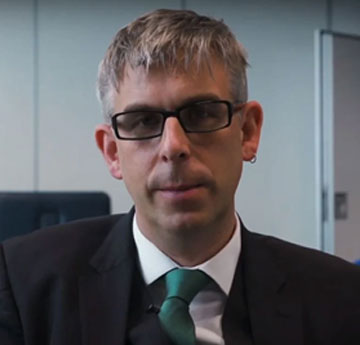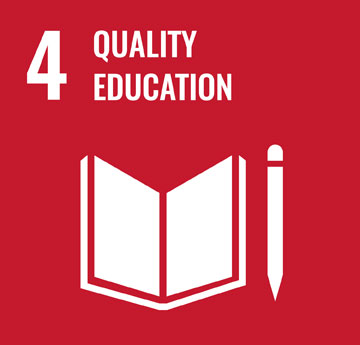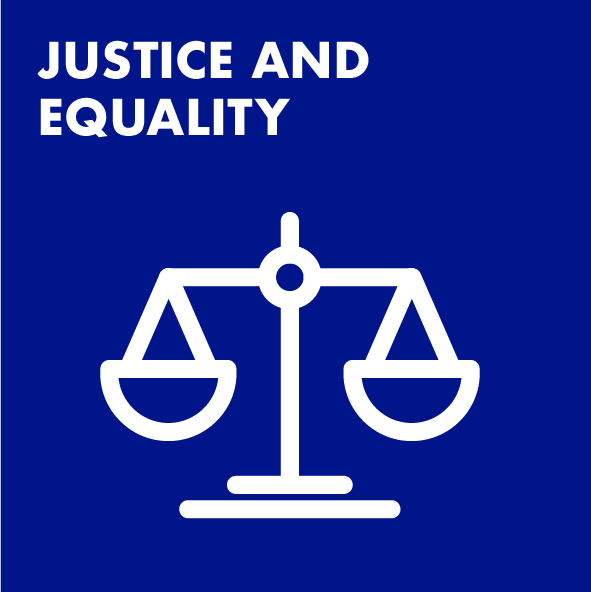The Challenge
Increasing numbers of the 200+ million students in global Higher Education (HE) are paying others to complete assignments for them. This problem (contract cheating) threatens the standards and quality of Higher Education around the world. In 2015, it was legal for companies to offer these services, and the problems caused were poorly understood.
Commercial services, sometimes referred to as ‘essay mills’, deliver work in under 5 days on average, with a quarter of orders being delivered within 24 hours. Studies of academics in the UK and Australia showed that academics have a poor understanding of the nature of contract cheating, and yet believe it to be widespread. The research also identifies a profound need for greater education of staff and students, about contract cheating and academic integrity in general.
The Method
Professor Phil Newton, Professor Michael Draper and their team carried out large surveys, research and analysis of students’ and academic staffs’ views on contract cheating and the legality of essay mills.
The large survey studies in Australia, taking a broader view of academic outsourcing, have shown that students are more likely to report engaging in these behaviours where they are dissatisfied, perceive lots of opportunities to cheat, and are studying in a non-native language.
Staff express concern that there are insufficient resources available to them to deal with contract cheating, and the commercialisation of higher education has made it more likely that these behaviours will occur.
The research showed that UK-registered Essay Mills are currently legal and that existing UK law would not be effective. The research was debated multiple times in UK Houses of Parliament, where additional limitations were identified with the use of legal means to tackle contract cheating.
The team researched and proposed the basis for a new law, addressing all the limitations of existing legislation. In particular, the existing laws around the world require a prosecutor to demonstrate ‘intent’ [to help students cheat] on behalf of the Essay Mill, and the analysis demonstrated that all UK-registered Essay Mills use a form of disclaimer to protect themselves from allegations of ‘intent’. The team proposed the use of a ‘strict liability’ law to counter this defence.









